CAR war crimes suspect ‘Rambo’ protests rough treatment
By DW
02 December 2018 |
5:18 pm
A former militia leader from the Central African Republic has appeared at the International Criminal Court on war crimes charges. Alfred Yekatom, also known as Rambo, said he was tortured before being sent to The Hague.
In this article
Related
Related
11 Apr
After six months, proof that Israel’s longest war since the 1980s is winding down or is the weekend announcement of troops withdrawing from southern Gaza the calm before a whole new storm?
13 Apr
Nigeria's government says the rise will only affect 1.5 million consumers, mostly manufacturers. But analysts believe the hike will lead to higher inflation and result in job losses and closures of businesses.
12 Apr
A decade on, the world has largely forgotten about the Chibok girls, who were kidnapped by Nigeria's Boko Haram Islamist militants. But for victims and their families, like Solomon Maina, who is still waiting for news about his daughter, the tragedy is ongoing.
4 days ago
After a year of war, Sudan is dealing with one of the world's worst humanitarian crises. As more local and international actors get involved, the outlook remains grim.
2 days ago
The Iranian attack was largely repelled and as such is a "dramatic failure", Barak said. As a result, he believes "there is no need and no will to go into full-scale war" with Iran.
1 day ago
The Croatian city of Vukovar, on the banks of the Danube, has a painful past. Located on the border with Serbia, it was the scene of the first major battle in the 1990s Balkan wars. Four years before the genocide in Srebrenica and eight years before the war in Kosovo, Vukovar was the first city in the former Yugoslavia to suffer ethnic cleansing, in 1991. More than 30 years later, reconciliation between local Serbs and Croats is hindered by impunity for war crimes and the inability to agree on a common version of events.
Latest
33 mins ago
A Kenyan national flag flies at half mast in Nairobi on April 19, 2024, in honor of its defense chief General Francis Omondi Ogolla and nine other senior military officers who were killed in a helicopter crash.
36 mins ago
Three French diplomats were given 48 hours to leave Burkina Faso on Thursday after being declared persona non grata by the ruling junta. The trio have been accused of "subversive activities", allegations that Paris denies. Relations between the two countries have been unravelling since 2022, when Burkina Faso saw its second coup in less than nine months.
1 hour ago
Following the arrest of suspected left-wing terrorist Daniela Klette in Berlin, investigators are now hoping for new insights into crimes committed by the Red Army Faction.
1 hour ago
China's National Bureau of Statistics said on Monday that the country's economy grew to the tune of 5.3 percent in the first three months of the year, ahead of economists' expectations. Manufacturing and infrastructure are fuelling that growth, while housing and domestic consumption are still a source of concern. Meanwhile, German Chancellor Olaf Scholz is on a three-day visit to China, Berlin's top trading partner
1 hour ago
Maya Rudolph is back with a second season of her quirky billionaire workplace comedy, "Loot", while Oscar winner Robert Downey Jr dons multiple disguises for his role in the Vietnam War spy drama "The Sympathizer". Dheepthika Laurent and Olivia Salazar-Winspear also bring you the latest news from Canneseries, including Michael Douglas's historical drama "Franklin" and a biopic about Karl Lagerfeld.
4 hours ago
Scientists are testing a quadrupedal robot, named Spirit, in the rugged terrain of Oregon's Mount Hood, simulating the extreme conditions of the Moon and Mars.
×

Get the latest news delivered straight to your inbox every day of the week. Stay informed with the Guardian’s leading coverage of Nigerian and world news, business, technology and sports.


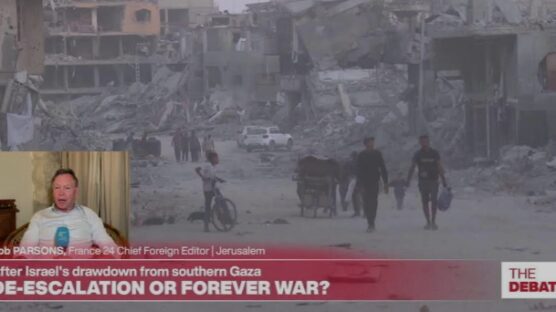
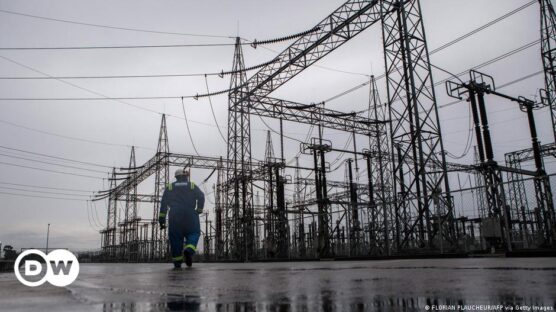
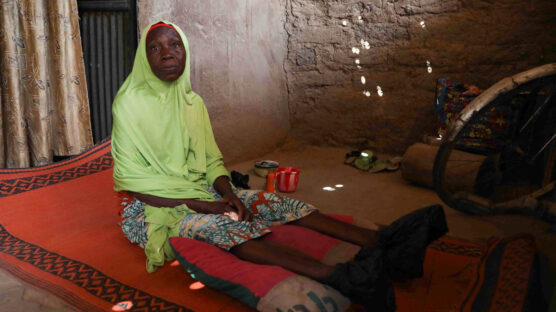
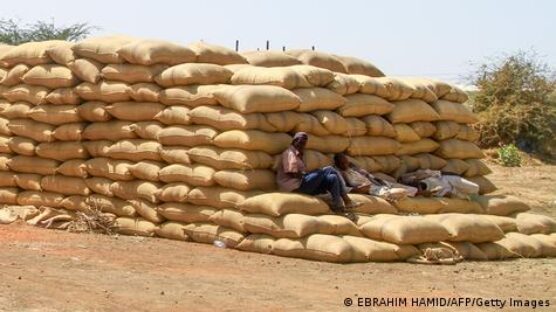

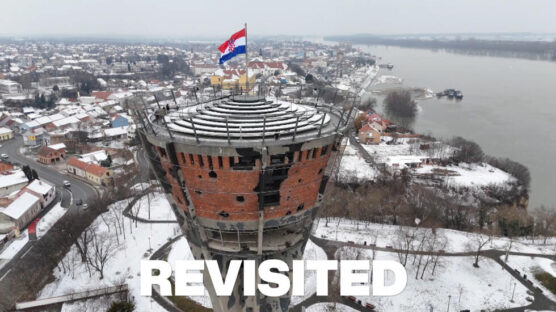




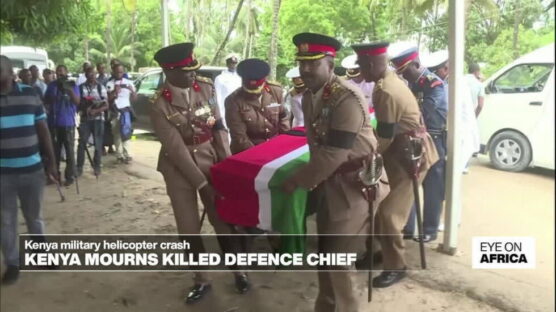
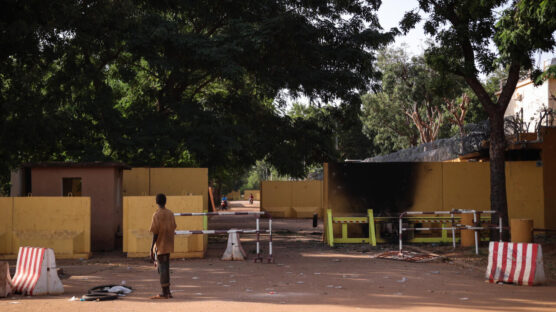
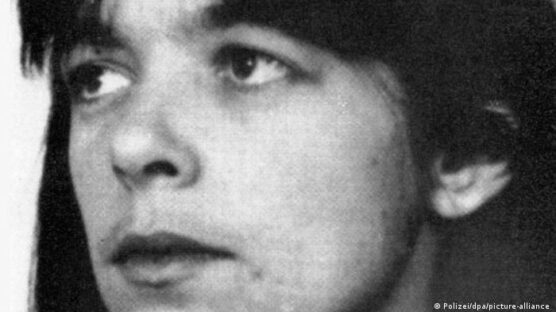
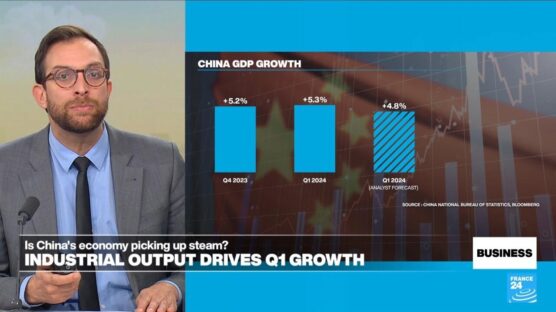

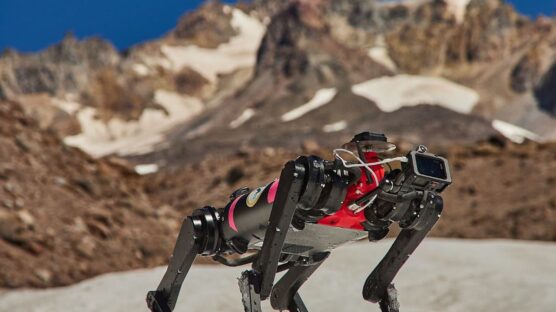
0 Comments
We will review and take appropriate action.